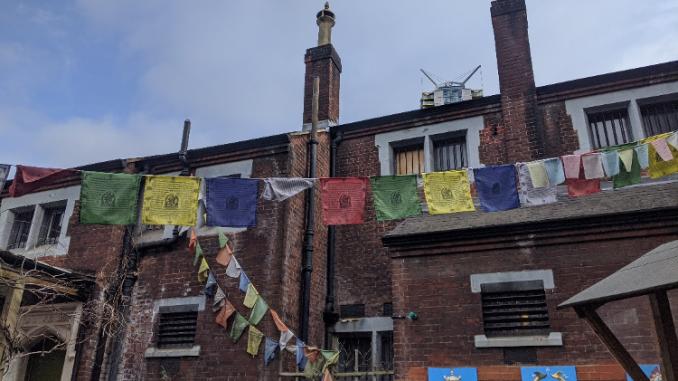
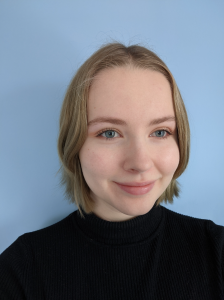
RPE is a vibrant and varied course which brings a philosophical focus to the study of religion. Like most BA degrees, it’s a three-year course with an optional dissertation in the final year. The department specialises in Christianity, Islam, Judaism and Buddhism, with modules ranging from Themes in Sufism and Islamic Philosophy to Buddhist Ethics. Here are some things that Rachel, an RPE student, wishes people knew about her degree.
It’s not the same as Religious Education in school
I studied R.E for GCSE and A-Level, so I can say from experience that the subject takes on a different tone as a degree course. The style of teaching changes from a rather methodical trawl through theory to a more creative way of learning, focused on critical interpretation as well as framework. The biggest difference I noticed was in essay writing. Whereas at A-Level I found the rigid requirements of the examiners restricting, at King’s you are given free rein to choose your own sources and draw your own conclusions. RPE is definitely not about memorising or cramming everything you know onto paper in a 40-minute time slot.
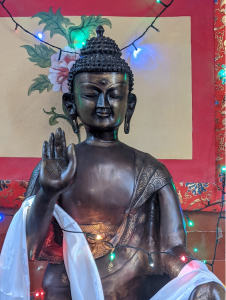
It’s not an easy degree
Have you ever been told that religion is an ‘easy’ subject or that it’s ‘just opinions’? This is a misconception I’ve come across. Although it can lend itself to interpretation, it is certainly not short of academic material. If there was no real content, what would there be to have an opinion about? Essays on religion are based on sources and evidence, just like any other topic.
It’s not all about Christianity
Not at King’s, though I can’t say the same for other universities. I found it frustrating when I was attending open days advertising broad courses that would, upon further inspection, only offer Christianity. Currently, the only compulsory module for RPE at King’s is Study Skills. Aside from that you are free to choose from a list of modules and tailor it to whatever interests you, which is definitely a plus of studying RPE at King’s as opposed to other universities.
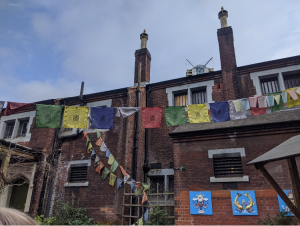
It is employable!
RPE equips you with a unique skill set that can help you towards a variety of career paths. Studying Philosophy develops critical thinking skills, and you get to explore topics that many others don’t ever get to discuss in an academic environment. Studying
religion grows an invaluable sense of cultural sensitivity and an understanding of modern ethical theory is becoming increasingly sought after. Like any other Arts and Humanities degree, RPE will provide you with transferrable communication, analysis and writing skills – you don’t have to join the clergy!
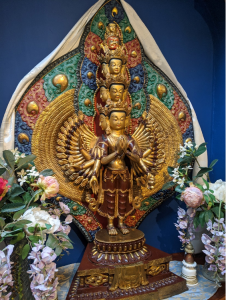
It lends itself to extra-curricular activities.
King’s offers an optional programme called the AKC which can run alongside your degree. (You also get to put the letters ‘AKC’ at the end of your name when you graduate!) Whilst it’s open to the entire university, it’s a series of weekly lectures that are focused mainly on theological and philosophical topics, so I’ve found it to be a great way to enrich my course. Aside from the AKC, any degree in London lends itself to field trips! This city has so much history and a thriving religious community, so I feel it’s particularly suited for this degree. Opportunities for visits have been somewhat stunted this year due to the pandemic, but in my first year I visited two synagogues in Golders Green and a Buddhist temple in Elephant and Castle!
Read More:
To find out more about studying RPE and similar courses at King’s, click here
To read Ilona’s blog post on a day-in-the-life of a Philosophy student, click here

Leave a Reply